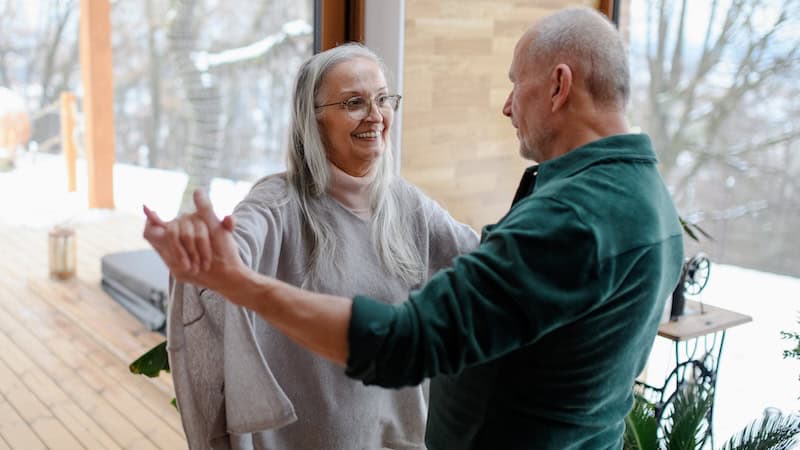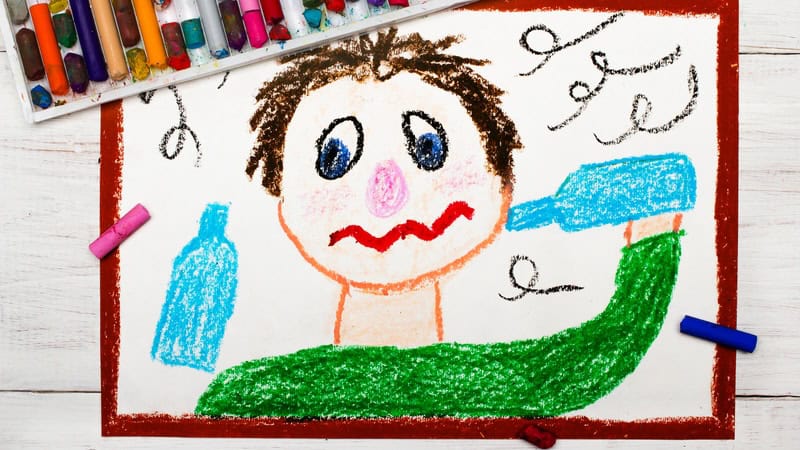Take Mental Illness and Suicide out of the Silos of Silence
A BOOMER contributor dishes up helping children with struggling with mental health problems
My family suffered the triple stigma with our son – depression, addiction and death by suicide. Stigma can exist only in an environment where judgment and lack of education thrive. Which is precisely why we need to talk about them. Openly and without judgment.
I am stripping away the façade and hitting taboo subjects head on. The death of my son Charles Aubrey Rogers by suicide in June of 2015 taught me that.
Everybody has a story. Everybody has struggles. A visible success does not make any life perfect. And you know by now what can go on behind closed doors.
How many times have you thought life would be so much better if you were as thin as your co-worker, as beautiful as the lady down the street, as rich as your best friend’s uncle?
Peel back the layers of that onion and you realize that the thin lady suffers a life-threatening illness, the beautiful woman is a battered wife, and the best friend’s uncle struggles with depression.
Grow from facing pain
Families everywhere are lumpy and dysfunctional. Perfect families don’t exist. And by avoiding tough subjects, we don’t reap the emotional benefits of learning from and supporting each other.
We miss out on the deeper levels of a relationship. We close ourselves off from subjects that could potentially make our lives richer, our communities better, because we want to avoid anything “depressing.”
If you had walked by my Families Anonymous or Grief Circle Suicide Loss Group at any given time, you’d wonder what all the laughter was about. Our commitment to each other’s stories allowed us to share our pain and start to find joy and purpose going forward.
Sharing troubles as well as good times brings us closer.
What’s more, we present a more accurate picture for our young people.
By hiding struggles, we create a dangerous façade that everyone is living in lollipop land leading perfect lives – leaving those who are suffering to think they are alone. An environment that doesn’t tolerate conversation about tough subjects creates roadblocks for those with mental illness and allows depression and suicide to thrive.
My family’s struggle
What others took for granted was a struggle for us. Every time we took a step forward, something would happen to Charles that would bring him down. Most of these stemmed from a lack of understanding that would spiral ridiculously out of control.
When experiencing a panic attack, Charles was suspended from school. He wasn’t aggressive or threatening in any way. The result? Progress we had made was undone, toppling his stability and delivering a crushing blow to his self-esteem at a vulnerable time. It’s no wonder kids with mental illness self-medicate with alcohol and drugs.
Mentally ill kids as well as those with autism and intellectual disabilities are frequent targets for school punishment and a judicial system that doesn’t understand or have a policy for those with differences.
During this time, I struggled mightily with the lack of emotional support. At one point, I actually resented a child’s cancer fundraiser. My resentment was not directed at a specific family, but I was jealous others got such overwhelming financial and even emotional support in their struggles to get medical help for a child who was ill. I resented society for turning their backs on mental health while embracing physical health so passionately.
I craved this support. I was desperate for it. No one sends you a card because your child is in long-term mental health care for troubled teens. In fact, few ask anything at all. But boy, is it agony.
I would be at events where people knew we were struggling with all this and they would avoid asking me anything about Charles – like he was dead already – or they would offer their brand of discipline. When I did mention something in an effort to give people “permission” to ask, I was often dismissed or cut off mid-sentence. The message was loud and clear: “We don’t want you to bring us down. We’d rather hear about Johnny’s scholarship and Jenny’s straight As.” At some point, you just give up trying since you don’t have a sufficient amount of bragging news. I felt insignificant, my failure as a parent swallowing me whole. My handful of friends, family and my support group were my lifeline.
I know this attitude can change.
How you can make a change
While we cannot change legislation overnight, we can educate ourselves. More importantly, we can open up and be there for each other. That we can do today.
The truth is, the more technologically advanced we become, the more human compassion we need. You know this already.
No group is more versed in neighborly compassion than the boomer generation – the generation that wrote the book on sending handwritten notes, bringing casseroles and developing personal relationships.
So what can you do?
You may not be accustomed to talking about personal subjects like mental health; however, you have the experience to spearhead kindness and the wisdom to open up the conversation.
Start by talking about your own experiences or relatives that died by suicide or suffered from depression. Reach out to friends suffering from the mental illness of a child or family member. Listen without passing judgment.
You could surprise someone with flowers, a phone call, a meal or just a card that says, “I’m here for you.” Think about what that would mean to someone not currently getting any emotional support for their agony. Think about how that would change you.
Silence has done nothing for the cause. In fact, it’s given suicide a promotion to the number two leading cause of death for 15-to 24-year-olds across the U.S.
So I leave you with a challenge
Help take mental illness and suicide out of the silos of silence and into the spotlight by opening up the conversation.
Lead the charge for kindness and compassion on the subject like only this generation can. This is the valuable legacy you can offer – a legacy of love.
Anne Moss Rogers has been a writer for over 25 years. She tackles mental health, suicide and addiction head-on in her blog, Emotionally Naked, at annemoss.com. She is on the board for Beacon Tree Foundation, advocates for youth mental health and co-owner/creative director at Impression Marketing, a local digital marketing firm. You can contact her through the contact form at annemoss.com. Twitter: @annemossrogers Facebook: Anne Moss Nimocks Rogers. In 2019, she published Diary of a Broken Mind: A Mother’s Story, A Son’s Suicide, and the Haunting Lyrics He Left Behind. Listen to her interview on Boomtown Radio.


